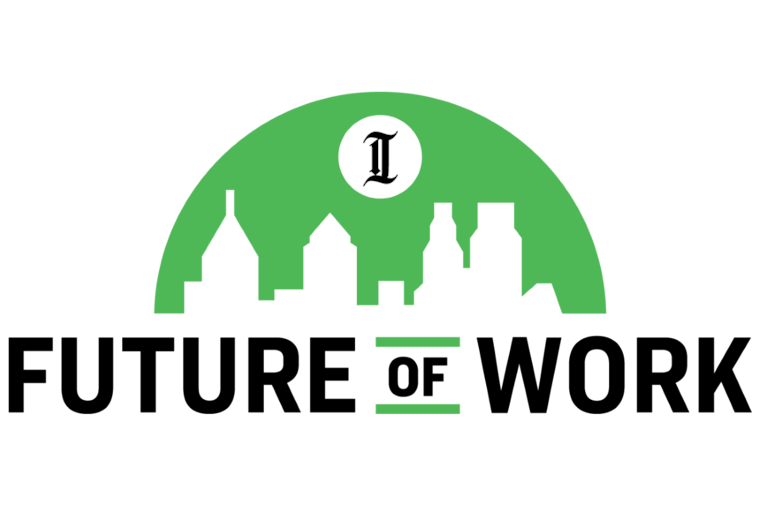The Future of Work is now l Opinion
The Future of Work is a year-long Philadelphia Inquirer project I am leading that will examine how Philadelphia could emerge from decades of struggle.

As I was growing up, my family expected me to help financially once I was able to work. At 12, I hauled trash, mopped floors, and did odd jobs at tenements in Upper Manhattan, where my family settled from the Dominican Republic.
That was the start of work becoming central to me. Having a job was how I helped care for my family, took steps toward adulthood, and, once an adult, how I formed my identity. I have introduced myself as a furniture mover, deli worker, video store clerk, magazine writer, TV producer, newspaper reporter, and now editor.
» READ MORE: Philly didn’t become America’s poorest big city by chance. Here’s how we fix it. | Inga Saffron
Jobs also define regions; why some areas are called coal country or port towns, or Silicon Valley. And in this last year, as the coronavirus pandemic shuttered whole industries and closed down cities, it has been the sudden loss of jobs and opportunities that have come to characterize entire stretches of the country.
In that respect, Philadelphia and its suburbs are at a crossroads. The future of the Philly metro area — and that of its more than five million residents — hinges on how the region and the city navigate the pandemic’s economic turmoil. The Future of Work is a yearlong Inquirer project I am leading that will examine how Philadelphia could emerge from decades of struggle to expand on the signs of economic optimism that had appeared before COVID-19 struck. Supported by the William Penn Foundation and the Lenfest Institute for Journalism, the project will document challenges and obstacles to job growth while ferreting out solutions and examining current and potential responses.
Philadelphia has failed to future-proof before. Once considered the world’s workshop, it was unable to keep pace in the postindustrial, information era. The region now faces another major transition to increasingly digital workplaces, the accelerating use of artificial intelligence and automation, and the contortions of the typical American workday as many workers have become untethered from an office.
» READ MORE: At Philadelphia’s last men’s suit company, loyalty keeps the business going
The future of work is not just about emerging technology. In Philadelphia, as in much of the country, it will also mean examining a legacy of discrimination that has kept career and business opportunities from people of color and women. Looking forward also means grappling with an ugly history.
So reach out to us, please share your stories and point us toward the issues that matter the most to you, your career, and work life — and those of your family. Talking to stakeholders — everyone from students and job seekers to C-suite executives and policy leaders — the Future of Work project will examine trends and factors that shape the jobs Philadelphia attracts and the workforce it creates. Education, midcareer training, access to capital, and opportunities for Black and Latinx entrepreneurs are just a few issues we will be exploring.
As the project develops, The Inquirer will work with other newsrooms across the city to broaden the conversation to include as many audiences as possible. As we explore the future of work, we will seek strategies to help more Philadelphians enter and enjoy family-sustaining careers.
» READ MORE: For a new Philly-trained nurse, upskilling changed her life
Our mission is journalism that ignites conversation and pushes community stakeholders — from public officials and labor unions to everyday folks navigating career transitions — to seek solutions and, ultimately, improve the prospects for everyone.
We are part of a workplace transformation to rival any since the 19th century, when workers began to abandon the countryside for cities and unions helped push lawmakers to start rolling out the norms that would shape our eight-hour workday and five-day workweek.
The jobs I have held have changed over the years, but the reasons I work haven’t. I still have to provide food and shelter for my family. But work is also how I — and I expect many of us — try to contribute to society, and how I shape my personal and professional aspirations for the future. And that offers me a sense of self-determination that I believe we all aspire to.
The Future of Work is produced with support from the William Penn Foundation and the Lenfest Institute for Journalism. Editorial content is created independently of the project’s donors.